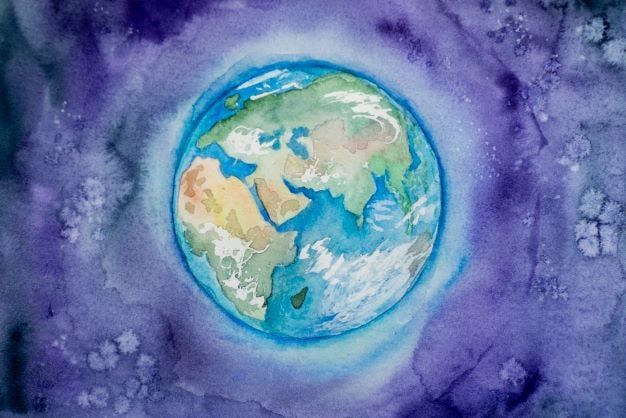How to save our species is the crucial question
Human behavior eliminates the Earth's capacity to self-regulate its processes. From 2010 to 2019, China, the USA, the EU, the UK, and India contributed 55 percent of greenhouse emissions. The crucial question is how to save our species.





